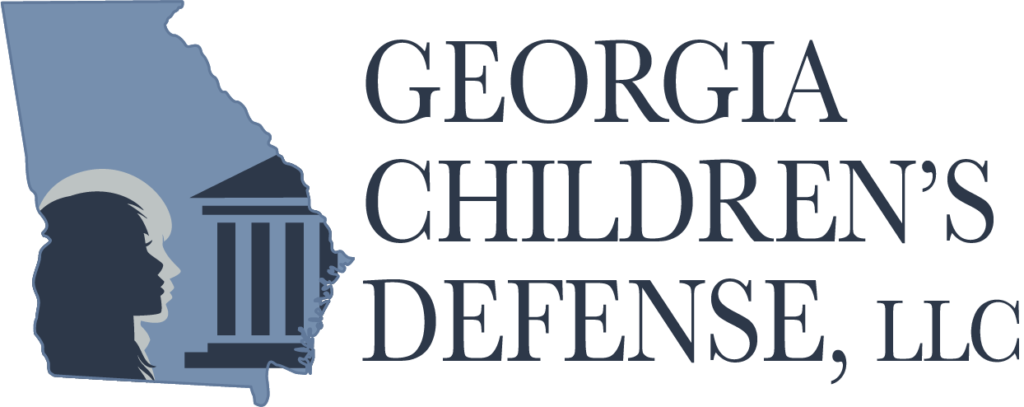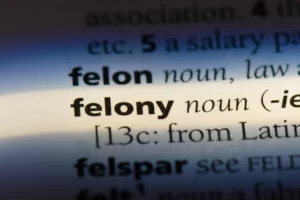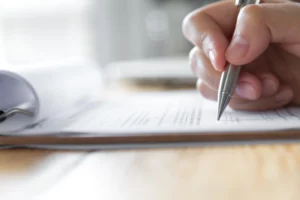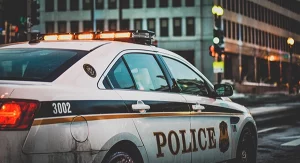Alcohol and drug (or “controlled substance”) charges are among the most common faced by children who are 17 years of age or younger. Having an effective and trustworthy advocate on your side helps you work towards the best possible outcome. It may be tempting to dismiss drug or alcohol related charges with a “kids will be kids” sort of attitude, but the reality is that these charges can come with life-altering effects if not handled carefully and correctly.
Two Goals When Facing Controlled Substance Charges
Involvement with drugs and alcohol at a young age is typically an indicator of some other underlying psychological or behavioral issue. As a result, there are typically two goals when working with a child facing a drug or alcohol charge:
- To minimize the long-term consequences ensure the young man or woman can move their life in a more positive direction.
- To address the underlying issues that are leading a young person to experiment with or rely on drugs and alcohol.
These two issues need to be dealt with separately, but they are also very related – one of the primary factors a judge is looking at when determining sentencing is the efforts that were made between being charged and the hearing. Some of the things a judge would look for include:
- Voluntarily submitting to a chemical dependency assessment (and treatment if recommended)
- Submitting to and passing regular drug tests
- Avoiding additional trouble (especially related to drugs and / or alcohol)
Consequences of Alcohol Related Charges for Children
Again, it may be tempting to dismiss, but the consequences that come with underage drinking can be life altering, especially in cases where operating a motor vehicle was involved.
- MIP – Minor in Possession
A minor in possession is by far the easiest offense to be charged with as an officer only needs to have evidence that you have consumed alcohol to give you a citation for MIP. In almost all cases that involve underage drinking, a MIP citation will be issued. - Underage DUI
Underage DUI in Georgia carries harsh penalties that can dramatically affect a young person’s driving and criminal record. The “legal limit” for a minor driving a vehicle is zero; there is a zero-tolerance law in Georgia for minors driving a car. However, because of the margin for error in alcohol testing, the law defines it as .02%, notably lower than the legal limit for people over 21, which is .08%. - Attempting to Purchase Alcohol
Even if you do not use a fake ID and simply attempt to purchase alcohol when under 21 years of age – you can be charged with a crime. A minor can also be charged with asking someone who is over 21 to purchase alcohol for them, and if the person agrees, they can be charged with providing alcohol to someone who is under 21.
Protect Your Freedom, Future and License After a Drug or Alcohol Charge – Contact your local Juvenile Defense experts for a free initial consultation today.








